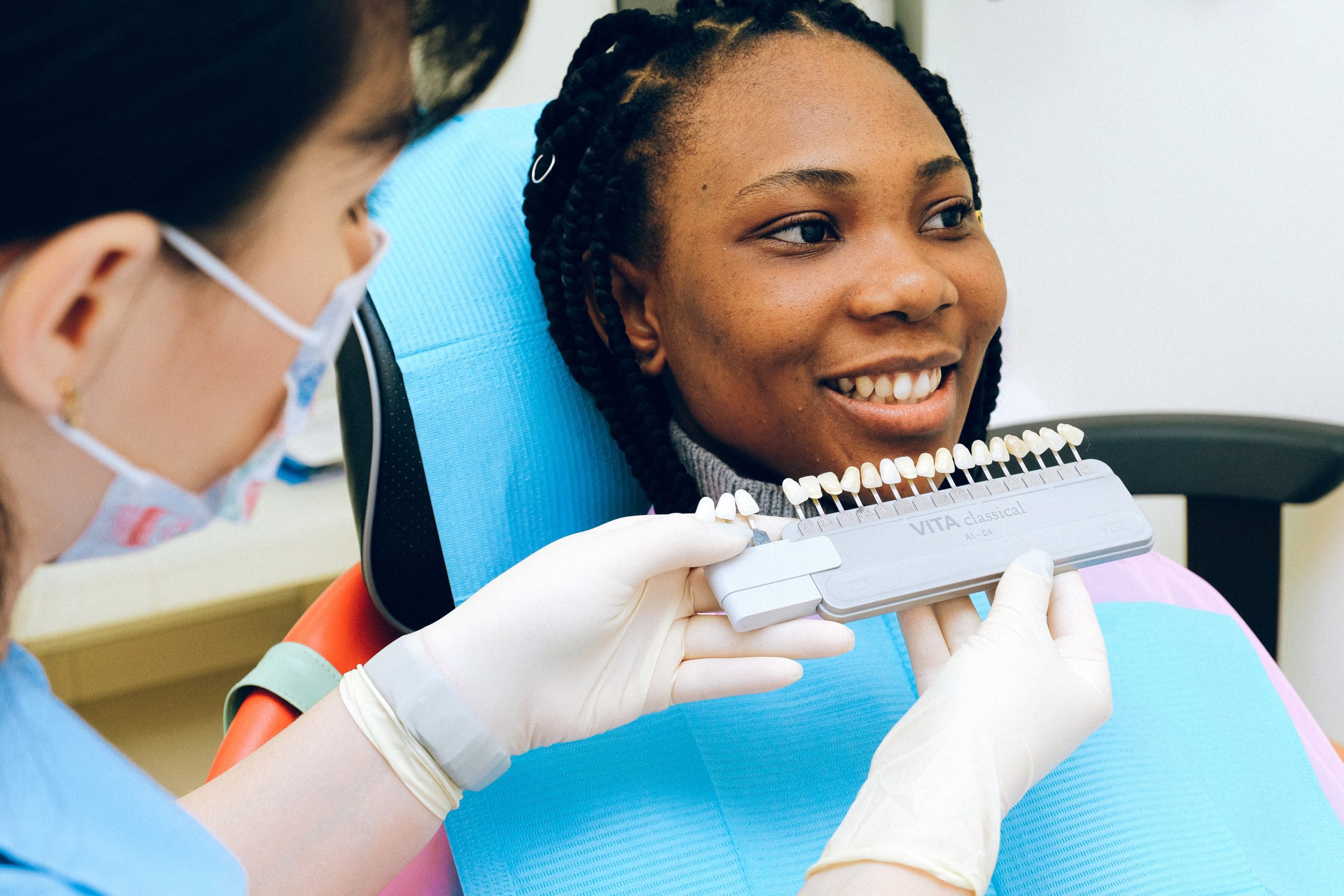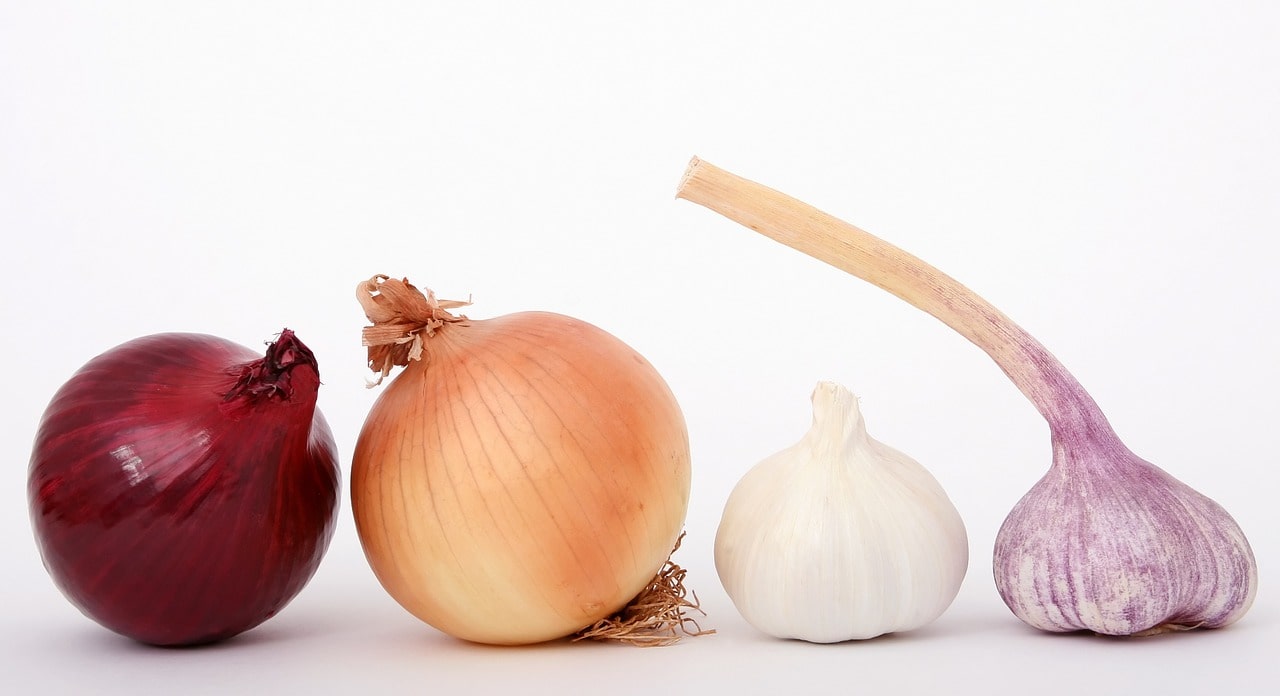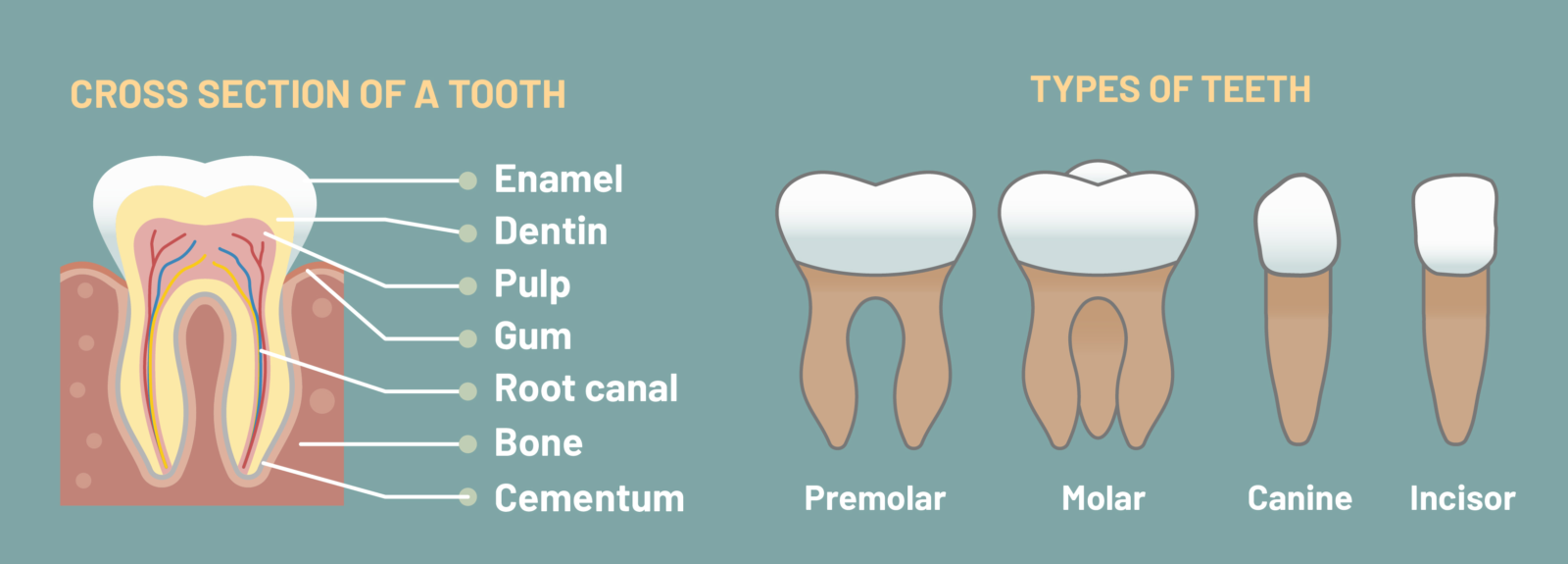Everyone needs good quality sleep to function properly during the daytime, but this can be difficult if you have oral conditions or habits that impact your dental health and sleep quality. Two common problems include teeth clenching and grinding and dry mouth.
If you have begun waking up with an aching jaw or sore teeth or have a chronic headache throughout the day, you could have bruxism.
What is Bruxism?
Bruxism is the proper term for teeth clenching and grinding, a common problem that regularly afflicts around 5% of the population. While some people grind their teeth during the day, it often happens during sleep. As a result, the person may not realise they are grinding their teeth unless they have a sleeping partner who hears this potentially noisy habit. Teeth grinding can also affect children, although they tend to grow out of it. Bruxism is a sleep disorder, and people with this habit may also have other sleep disorders like sleep apnoea.
What Are the Signs of Bruxism?
One of the most common signs is waking up with a tight, aching jaw or aching teeth. Your teeth may begin to look increasingly worn down, chipped or fractured. Tooth sensitivity can increase because bruxism wears away tooth enamel, exposing the dentine underneath so it is easier for hot and cold or sweet and sour sensations to penetrate the tooth. The pain may spread into the neck or shoulders and cause headaches. People with bruxism may awaken to find they have painfully bitten the inside of their cheeks.
What Is the Impact of Bruxism on Oral Health?
Bruxism can cause significant damage to teeth and restorations like crowns, bridges, or dental implants. It can also cause problems with the jaw joints called temporomandibular joints, so they become inflamed and painful. If you have bruxism, you may find your jaw making a clicking or popping sound when you try to open and close your mouth.
What Causes Teeth Grinding and Clenching?
Teeth grinding is often related to stress and anxiety. Certain drugs like antidepressants or antipsychotics can cause this condition. Snoring and sleep apnoea is another risk factor. Bruxism can occur if you smoke, drink alcohol or consume a lot of caffeinated foods and drinks.
How to Treat Bruxism
If you are concerned you are grinding your teeth in your sleep, make an appointment to see us at Tandara Dental Centre. Our dentist can examine your teeth and can quickly determine if you have signs of bruxism. One of the easiest ways to treat bruxism is with a custom-made night splint or night guard. Made to fit comfortably in your mouth, it ensures that your teeth grind harmlessly against the guard. We may also recommend various self-help methods to treat bruxism.
Self-Help Remedies for Bruxism
If stress is a big part of your life, it may help if you can reduce it. Possible strategies include taking more exercise, doing yoga or meditating. It can also be useful to avoid triggers like alcohol, caffeine and tobacco use. One question we often get asked is, “is it normal to bite your teeth while sleeping?” The answer is no, as your teeth should remain slightly parted, not just during sleep but during the day unless you are eating. While awake, make a conscious effort to ensure you don’t clench your teeth; instead, place the tip of your tongue between your teeth, as this can help break the habit.
Can Bruxism Be Cured?
The treatments available for bruxism can be very successful. It may be a question of finding out what works best for you and sometimes using a combination of strategies to help you break the habit of teeth grinding and clenching. After successfully treating bruxism, we can also restore teeth that may have been significantly damaged by this habit. It is essential to treat this problem first, as restoring the teeth beforehand could result in any new restorations becoming damaged or destroyed by teeth grinding and clenching.
When you visit Tandara Dental, we can also provide advice about other problems affecting your sleep, such as dry mouth at night.
What Is Dry Mouth?
The proper term for dry mouth is xerostomia, which can be extremely uncomfortable. It occurs if your salivary glands don’t produce enough saliva to keep your mouth clean, fresh and comfortable. This problem can become more extreme overnight because you produce less saliva while sleeping. Dry mouth can also occur if you breathe through your mouth instead of through your nose, which can occur if you have a cold or allergies or have a problem with snoring and sleep apnoea.
What Are the Signs of Dry Mouth?
Signs of dry mouth include waking up during the night desperate for a drink of water, and you may have stringy or thick saliva and a sore, dry throat. You most likely have bad breath, and your lips can become dry and chapped. Daytime symptoms can include difficulty with chewing and swallowing food or talking. Food could taste different. If you wear dentures, these can start to rub uncomfortably without saliva to lubricate your mouth.
How Can Dry Mouth Affect Oral Health?
A lack of saliva can cause significant oral health problems. These include tooth decay and gum disease, and bad breath. You may develop a burning sensation in your mouth. Your nose and nasal passages could become uncomfortably dry. Because dry mouth can make eating difficult, it can impact nutrition.
What Causes Dry Mouth?
Many factors can cause dry mouth, and one is breathing through your mouth during sleep. Mouth breathing during sleep can be problematic if you have a stuffy nose, allergies, snoring, and sleep apnoea. Xerostomia is frequently due to medications, including those prescribed for high blood pressure, sinus conditions, allergies, sleep conditions and anxiety and depression. Health conditions like diabetes can increase the risk of xerostomia. It can be a side-effect of ageing, especially as many older people need medications. Other possible causes include tobacco and alcohol use, receiving cancer therapy, and Sjogren’s disease.
How to Treat Dry Mouth?
If you wake up feeling like you have a cotton mouth, it’s worth coming to see us. Our dentist can examine your teeth and gums to see if dry mouth is affecting your oral health. We can discuss why you may have this condition and possible ways to treat it. Options include using a saliva substitute. We may also suggest you come and see us more frequently for dental cleanings as the cleaner your mouth, the less chance you will develop dental disease. We also highly recommend maintaining good oral care, and professional fluoride treatments could help protect your dental health. Dry mouth remedies include sucking on sugar-free gum or sweets, and staying well-hydrated is important. You might find it useful to place a humidifier in your bedroom, avoid using alcohol and caffeine, and avoid eating salty, dry or spicy foods.










